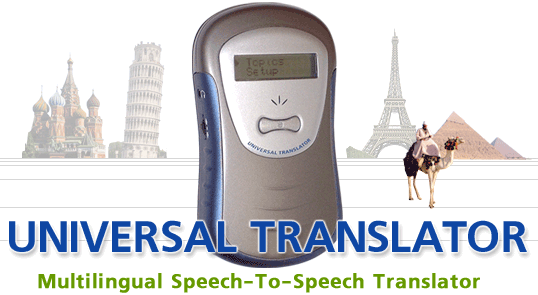 We live in an instant society. With the technology today everyone is used to getting things quickly and many times without much effort. However, languages take a lot of time and a lot of effort. Even constructed languages require time and effort. Some people try to learn foreign languages but are not able to do it mainly because they either lack self-confidence, lose interest or feel they will never use the language or just get bored all together. It just depends on someone's interest and desire to learn another language. Also it takes a lot of hard time and effort to achieve good standard ground in speaking another language other than your own but many people are not willing to give it all they got.
We live in an instant society. With the technology today everyone is used to getting things quickly and many times without much effort. However, languages take a lot of time and a lot of effort. Even constructed languages require time and effort. Some people try to learn foreign languages but are not able to do it mainly because they either lack self-confidence, lose interest or feel they will never use the language or just get bored all together. It just depends on someone's interest and desire to learn another language. Also it takes a lot of hard time and effort to achieve good standard ground in speaking another language other than your own but many people are not willing to give it all they got.As a rule, a universal translator is instantaneous, but if that language has never been recorded, there is sometimes a time delay until the translator can properly work out a translation, as in the case of Star Trek.
According to Times Online, Google is developing a speech-to-speech automated translator for Android phones. It’s essentially a combination of two of Google’s existing technologies; its online universal translator service, Google Translate, and its voice recognition system. Google plans to make its Babel Fish a lot like a human translator; the software would analyze chunks of speech, and translate them in their entirety rather than translating word for word. Franz Och, Google’s head of translation services, claims the technology could go live in a couple of years. “Clearly, for it to work smoothly, you need a combination of high-accuracy machine translation and high-accuracy voice recognition, and that’s what we’re working on. If you look at the progress in machine translation and corresponding advances in voice recognition, there has been huge progress recently,” he says.
Anyone who’s used Google Translate knows that translations aren’t (and probably never will be) perfect, but they’re very helpful when you can’t understand a word of some foreign language. However, Google’s voice recognition also has issues of its own, and I fear that these two combined would produce a very high amount of errors. The Times also mentions the issue of different accents, a problem that Google plans to solve by making the software gradually learn the speaking habits of the phone’s owner.
The current translators today are hit and miss, there is usually a long pause in-between translations, hardly enough to spark some flowing conversations. But with smart phone as a universal device most people would have, its a step in the right direction to navigating your way to shops abroad. I can imagine things will improve in software and speech recognition to reduce the translating time to an almost instant flowing conversation. But for the time being any tourist visiting the Olympic games could now down a free google translate app for their phone or for their android phone.




No comments:
Post a Comment